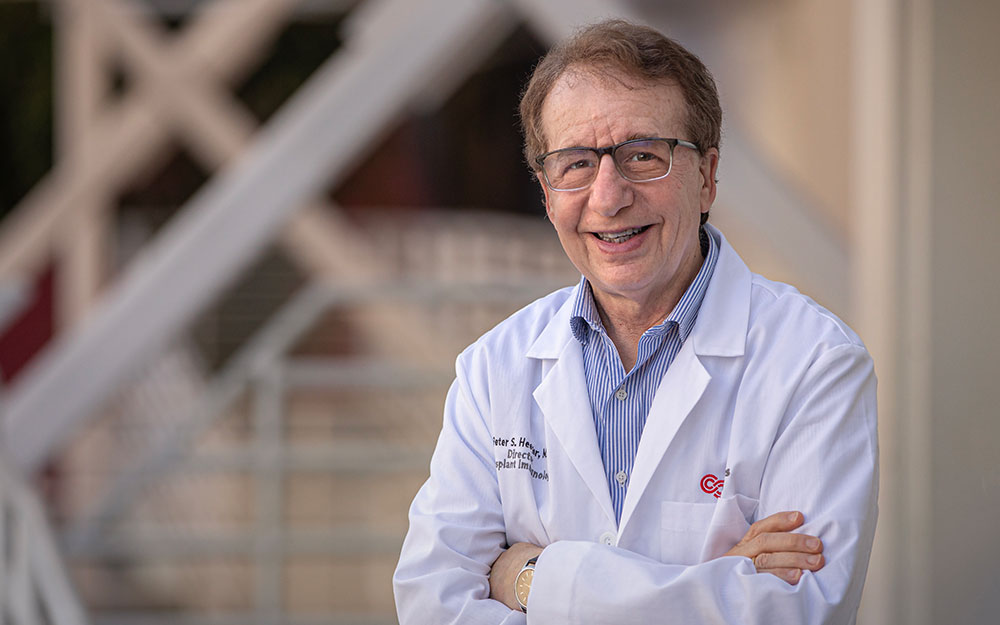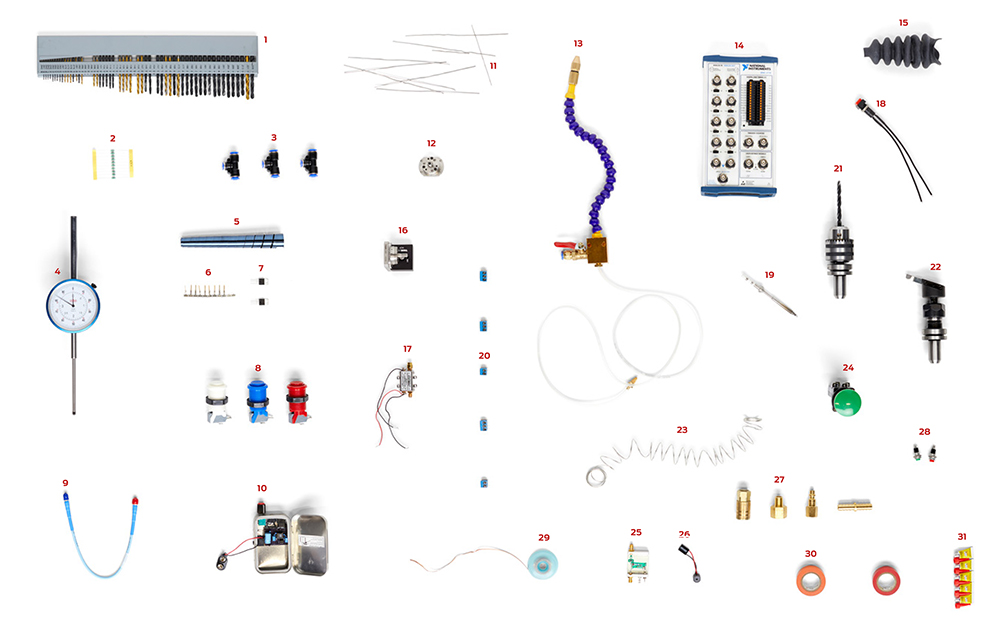Can Individualized Transplant Care Improve Outcomes?
Date
July 2, 2025
Credits

Date
July 2, 2025
Credits
Medical providers featured in this article
In Brief
{{cta-block}}
Though acute organ rejection is well controlled, the median survival of a transplanted kidney is only 11 years. Hence, younger transplant recipients often must undergo multiple transplants.
Leading research from Cedars-Sinai aims to leverage enhanced molecular analysis and personalized therapies to lengthen the viability of transplanted kidneys.
Peter Heeger, MD, director of the Transplant Immunology Program and co-director of the Human Transplant Immunology Laboratory at Cedars-Sinai, leads a multicenter clinical trial seeking to develop new biomarkers that can predict organ failure and guide tailored immunosuppression.
Investigators are performing a molecular assessment of human leukocyte antigen (HLA) differences between donor and recipient to determine whether closer matches correlate with better outcomes and whether more differences between donor and recipient increase the risk of rejection and graft loss. They are also testing whether patients with closer matches to their donor grafts can be treated with less toxic medications.
"Better quantification of molecular differences should change the way we take care of patients," Heeger said.





